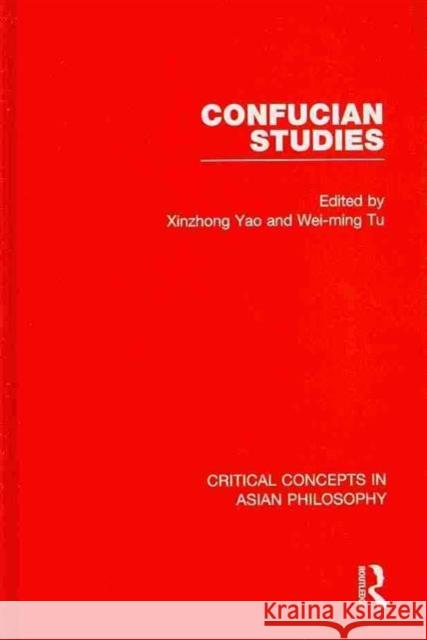Confucian Studies » książka
Confucian Studies
ISBN-13: 9780415452151 / Angielski / Twarda / 2010 / 1752 str.
It is difficult, if not totally impossible, to define what we call Confucianism in terms of any of the disciplines we are used to in the West, and contemporary scholars tend to see it as a historical and yet living tradition containing elements of philosophy, religion, politics, morality, and education, continuing to hold significant power over the way and value of life in East Asia. To some extent Confucianism can be broadly said to have started with the teaching of Confucius (551 479BC) who focused on how to restore moral and political order through education and ritual performance, although he did not see himself as the founder of a new moment, nor did he elaborate a systematic religious or philosophical doctrine. Several centuries after his death, he was elevated to the position of the Perfect Sage and Ancient Teacher (zhisheng xianshi), and gradually became one of the focuses in state sacrifices. In this way Confucianism became part of the state religion or ideology addressing the needs of government, community, family, and the self, and dominated intellectual and social life for more than 2,000 years in China, and, to a lesser extent, in other parts of East Asia. While having substantially declined in political and social influence, Confucianism was revived by leading intellectuals (so-called Modern New Confucians) in the twentieth century to deal with perennial problems facing modern people and society. It is against this background that Confucian Studies has become an increasingly important subject taught in universities and colleges in North America, Europe, East Asia, and Australia. With more and more universities and colleges offering courses on or relating to Confucian philosophy, ethics, religion, and politics, this new collection from Routledge answers the urgent need for a source book in contemporary Confucian Studies. Volume I ( Reassessing Confucian Traditions ) covers Confucianism in History and the focus of Volume II is on Reinterpreting Confucian Ideas . Volume III is titled Reconstructing Confucian Ethics, while the final volume in the collection brings the best scholarship on Reappraising Confucian Ideals ."











